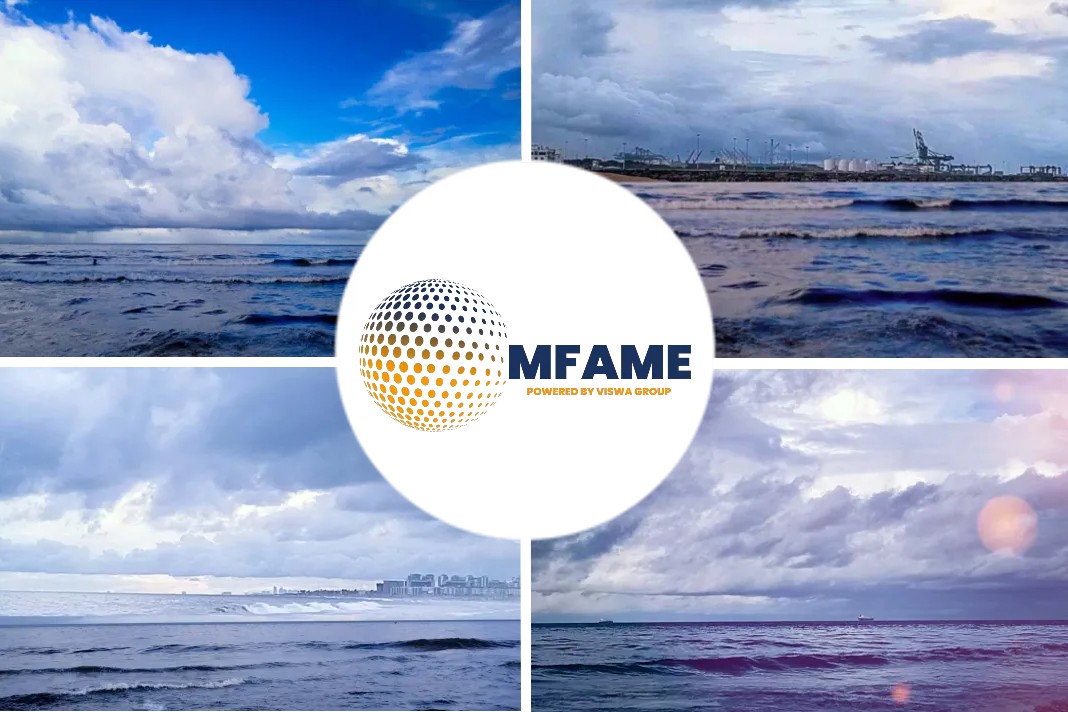- Europe is emerging as a problem area for quality issues with VLSFO blends.
- VLSFO samples from Europe had the highest proportion of off-specification findings at 8.8%.
- In the second and third places were North America and Russia with 7.35% and 5.68%.
- At the bottom were the Asia Pacific with 1.97% and the Middle East with 1.5%.
- The biggest problems that were reported with fuel quality are in the ARA area.
- The problems in Northwest Europe maybe because of its position as a blending hub.
According to an article published in Ship and Bunker news and authored by Jack Jordon, Europe may be emerging as a problem area for quality issues with the new very low sulfur fuel oil (VLSFO) blends.
VLSFO samples show off-specification findings
Of the VLSFO samples examined by testing company VPS in May, those from Europe had the highest proportion of off-specification findings, at 8.8%, according to Steve Bee, the company’s group commercial and business developer.
Followed closely by North America and Russia
In second and third place were North America and Russia with 7.35% and 5.68%, respectively, while at the bottom were the Asia Pacific with 1.97% and the Middle East with 1.5%, Bee said in a webinar hosted by price reporting agency S&P Global Platts this week.
Bee said this may partly be down to the novelty of VLSFO, contrasting the five months’ experience of VLSFO in 2020 with 50 years of high sulfur fuel oil before that. “We are all still learning,“ he said.
ARA Blending Teething Problems Tanker company Hafnia Shipping has also seen fuel problems in Europe. “The biggest problems we have with fuel quality are in the ARA area,“ Peter Grunwaldt, general manager for bunkers at Hafnia, said in the webinar. “We see different types of problems — TSP, even a little bit of sulfur out of spec, a variety of hiccups. I’m a little bit negatively surprised that the market doesn’t seem to be able to get this right yet.“
Problems due to blending hub
The problems in Northwest Europe maybe because of its position as a blending hub, Grunwaldt argued. “They’re still in a learning phase — they’re bringing in new material for blending and there’s some experimenting going on, we all know that’s where the money lies,“ he said. “They probably need to look at the recipes extra carefully, going forward.”
About Jack Jordan
Jack Jordan is the Managing Editor of Ship & Bunker, the world’s most-read marine fuel-focused publication.
He is an experienced financial editor and reporter with a first-class degree in Arabic and Russian, a postgraduate diploma in newspaper journalism, and several years’ history of covering the oil and shipping industries and capital markets. Jack is based in London, UK
Did you subscribe to our daily newsletter?
It’s Free! Click here to Subscribe!
Source: ShipandBunkernews


















